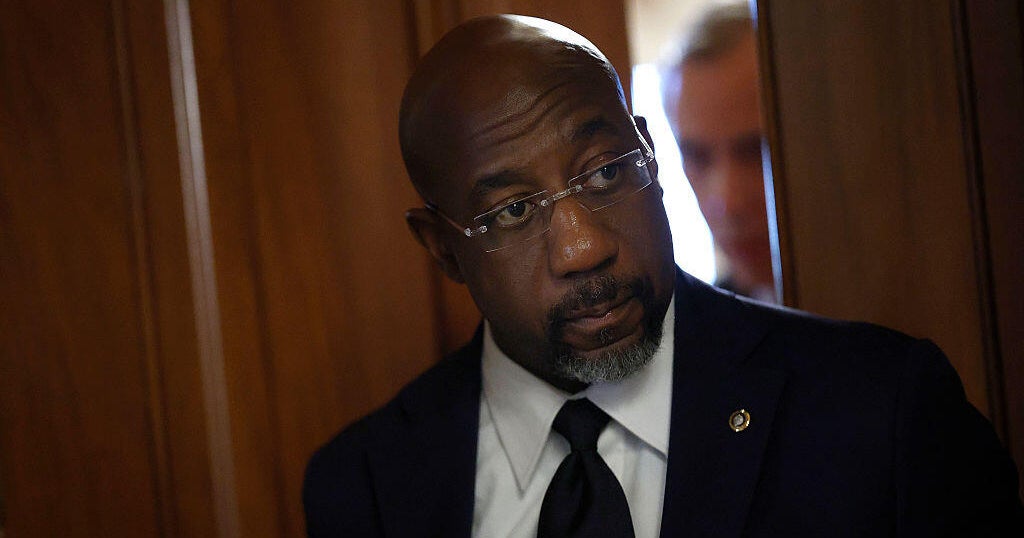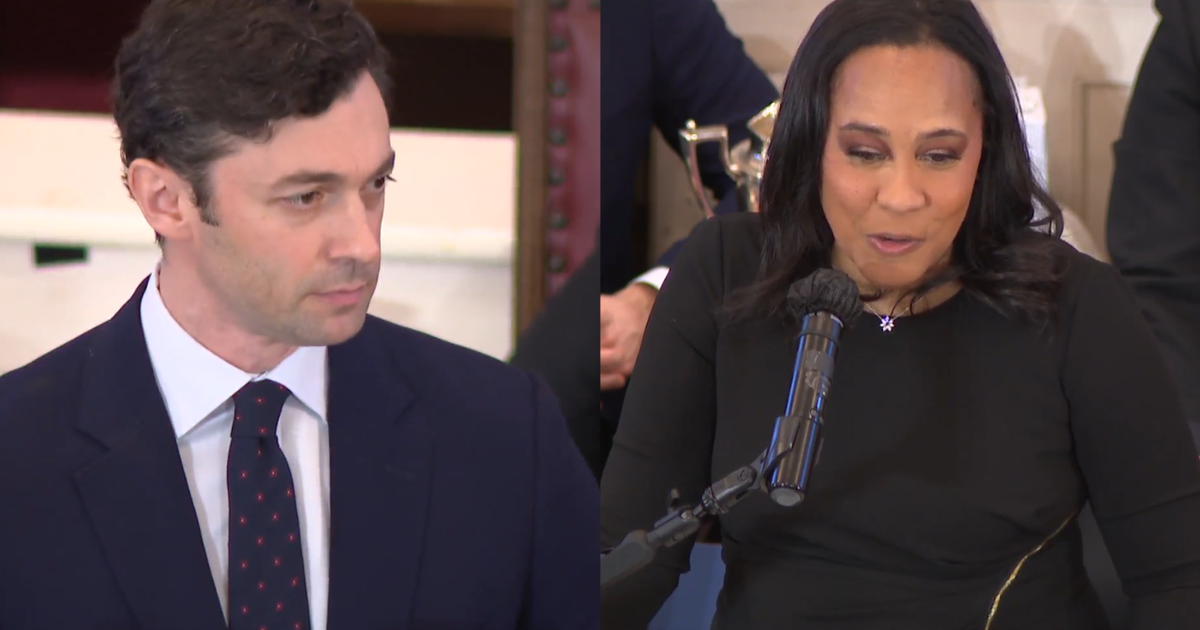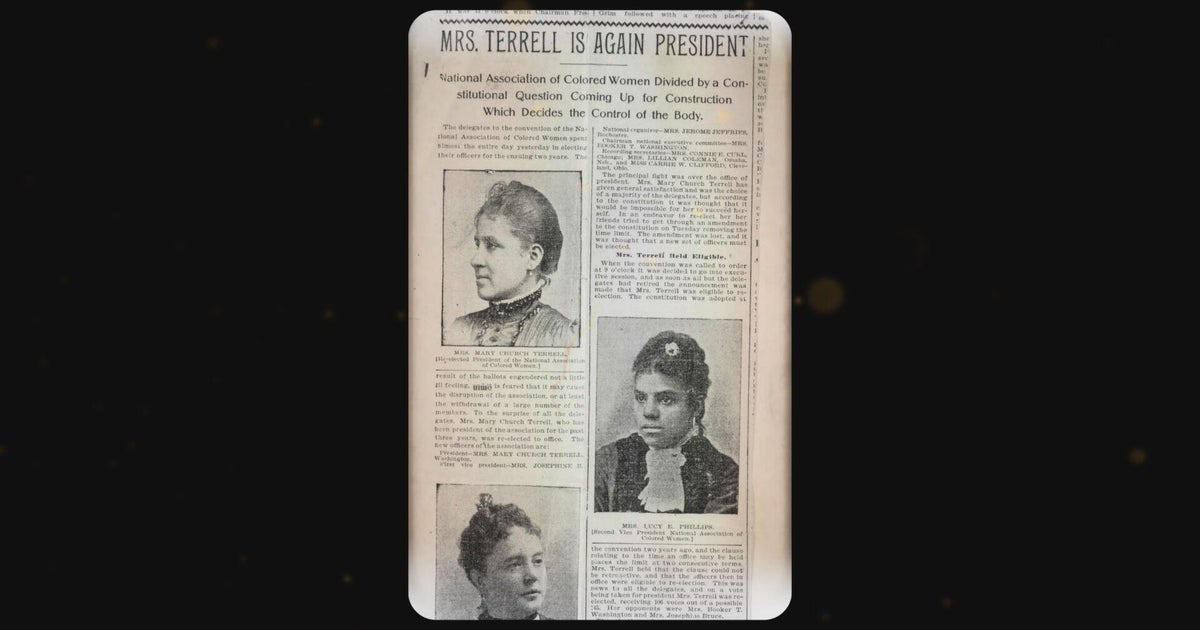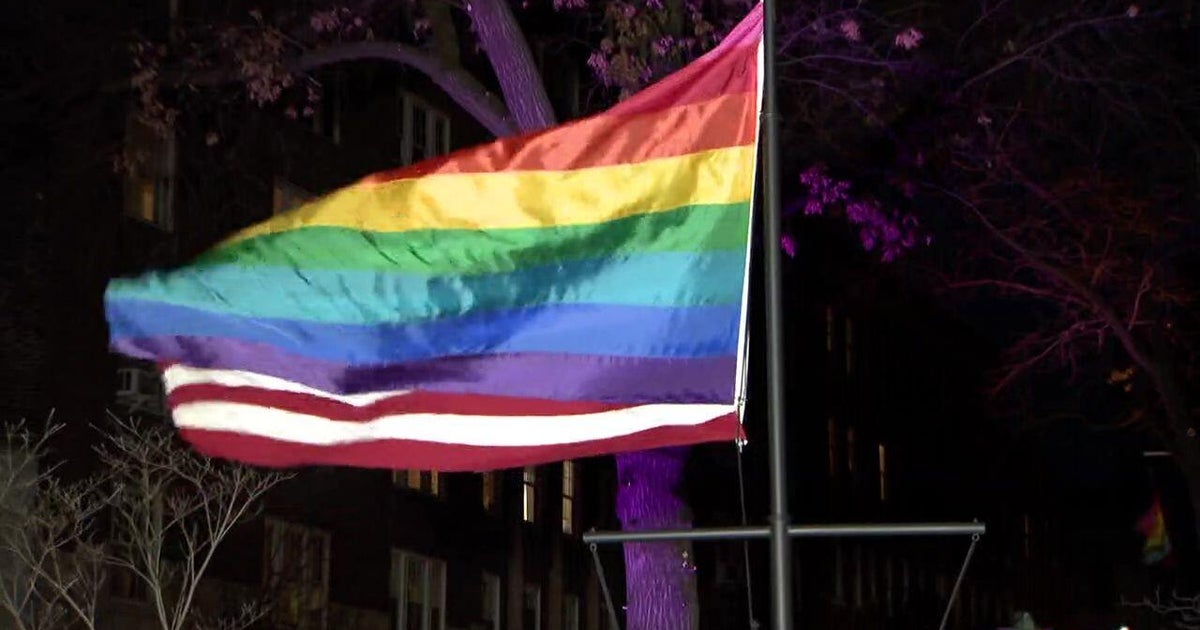The Equal Rights Amendment is stalled, will it ever become law?
BOSTON - Many Americans assume that gender equality under the law is baked into the Constitution. There is a U.S. Constitutional Amendment that guarantees "Equal Protection" under the law, but in practice, no full guarantee of equality based on sex.
The fight for an Equal Rights Amendment started back in 1868, was first officially proposed in 1923, and 100 years later, is still not the law of the land.
"Equality of rights under the law shall not be denied or abridged by the United States or by any state on account of sex," the proposed Constitutional amendment reads.
A quick history lesson: The amendment was first passed by Congress in 1972. It then needed to be ratified by 38 states in order to become part of the Constitution. However, Congress set a deadline for ratification, which came and went with only 35 states ratifying the amendment.
Still – legal experts say setting a deadline in and of itself was likely unconstitutional. Article V of the Constitution says in order to add an amendment, Congress needs to pass it and three quarters of states need to ratify it before the federal archivist writes the new amendment into the Constitution.
In 2020, Virginia became the 38th state to ratify the Equal Rights Amendment, nearly 50 years after Congress passed it.
Advocates argue that means the ERA is part of the Constitution. All that's missing is the actual action of writing it into the document.
"Right now, the unequal treatment of women in every court, and every state in this country is legal," advocate and local attorney Wendy Murphy said. "It's legal. And that's what makes it so hard to see why that ERA is important."
Murphy, as well as other attorneys in other states, have sued the federal government – first the Trump Administration and now the Biden Administration – in federal court, urging them to write the ERA into the Constitution. Both administrations have fought back, refusing to do so.
In essence, the ERA now sits in a stalemate. Its opponents say the 14th Amendment which in writing guarantees "equal protection" for all persons is enough.
"We need the ERA now," said Massachusetts Congresswoman Ayanna Pressley in a DC press conference this week. She is launching an "Equal Rights Amendment Caucus" in Congress to get the ERA over the finish line. "What we are doing today truly is epic, and it is timely, and it is necessary," she said.
The announcement made Murphy roll her eyes. "It's political posturing," she said. "Congress has no role to play at this point," she explained. "They are done." She believes the "Caucus" is a political ploy to attract voters, when in reality Pressley and her colleagues likely have little power to do anything about the ERA besides encourage President Biden to call the National Archivist. "Pick up the phone and call [the national archivist]," Murphy said about Biden. "You are her boss. Tell her to do her damn job and follow the Constitution and put the ERA in the Constitution."
What would the Equal Rights Amendment mean for day to day life, in a modern world where Americans believe equality of the sexes already exists?
"It's a whole new ballgame," Murphy said. "Literally a brand new Constitution, forcing the court to see everything through this brand new Constitutional rule." Murphy explained that any law could be revisited under the lens of a new Constitution with the ERA in tact: from equal pay, to dog licensing, to laundromat regulations, to abortion.
"When women have equality, every law, state and federal… every right they have now at a statutory level becomes elevated and becomes equalized," Murphy said. "The momentous nature of that is hard to conceive because we've never had it."
What needs to be done to get the ERA across the finish line? Murphy believes women need to come together to pressure the president to stop fighting lawsuits and write the amendment into the Constitution. "Our power is our vote, and we need to mobilize and come together," she said. "Whether you are a conservative woman, Republican, Democrat, whatever, you can still join forces in the fight for equality."








